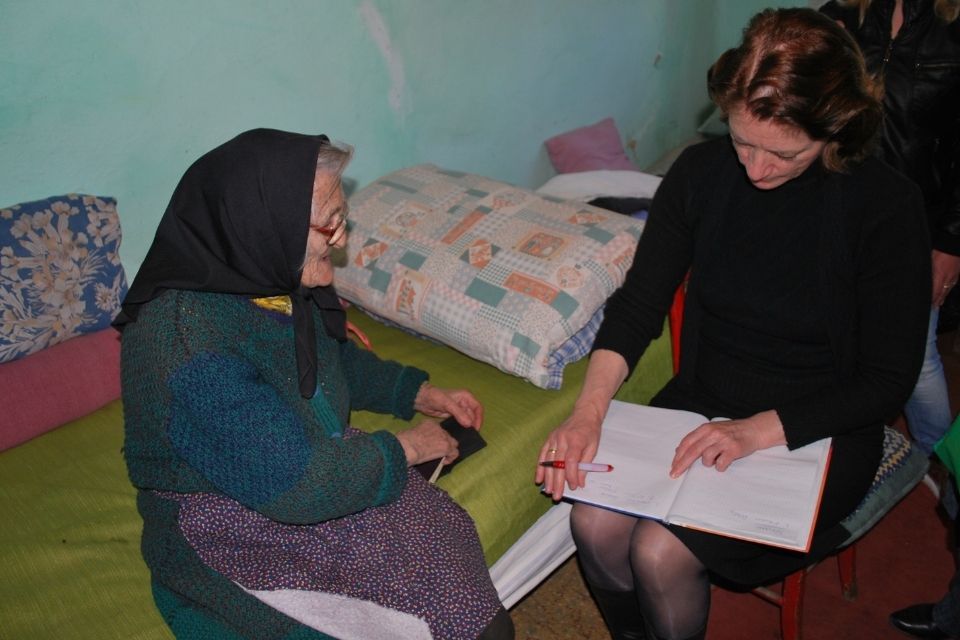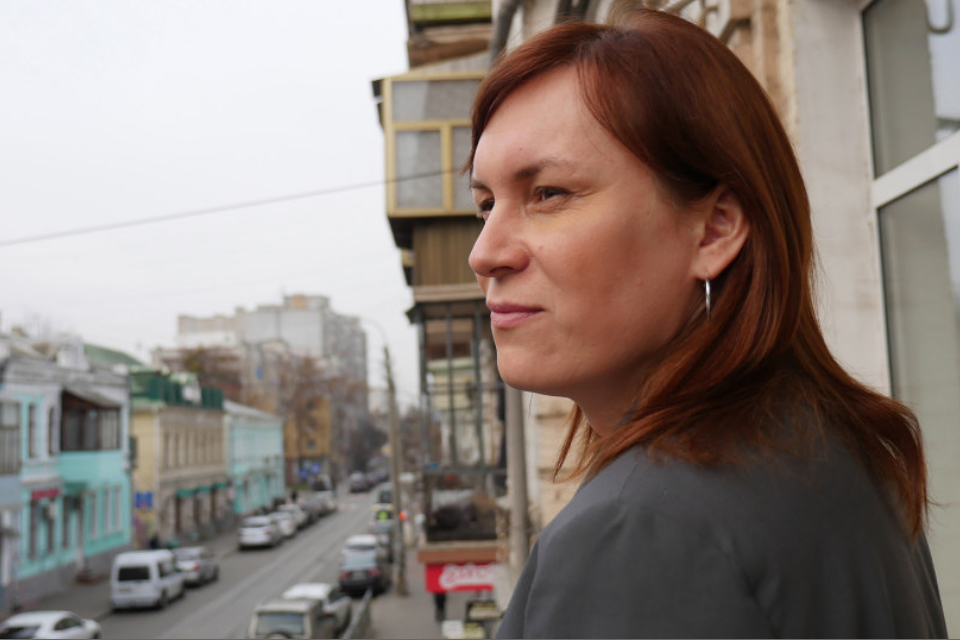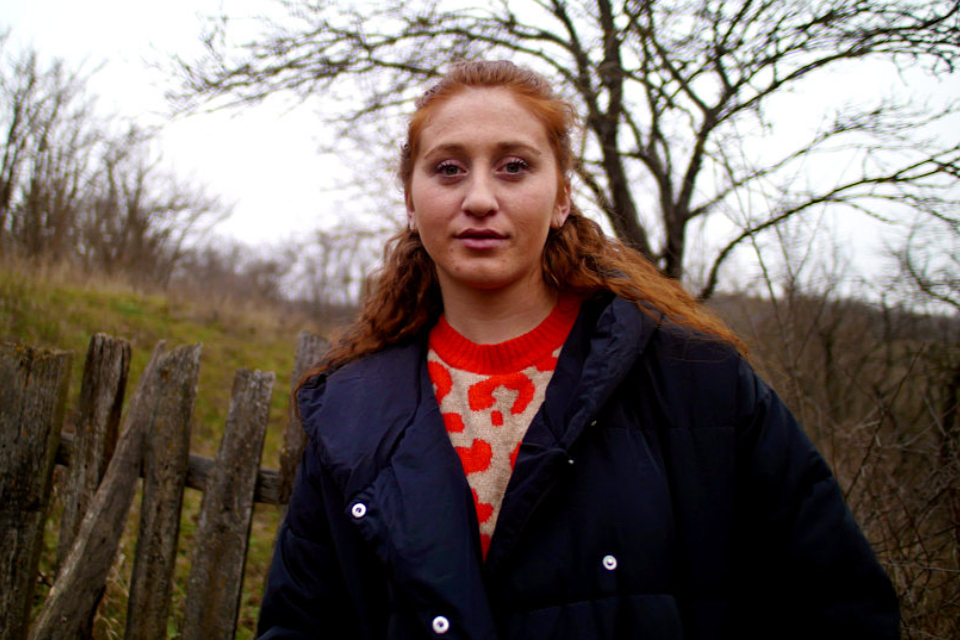This is what leadership looks like: Meet Edi Gusia, Chief Executive of Kosovo’s Agency for Gender Equality
Date:
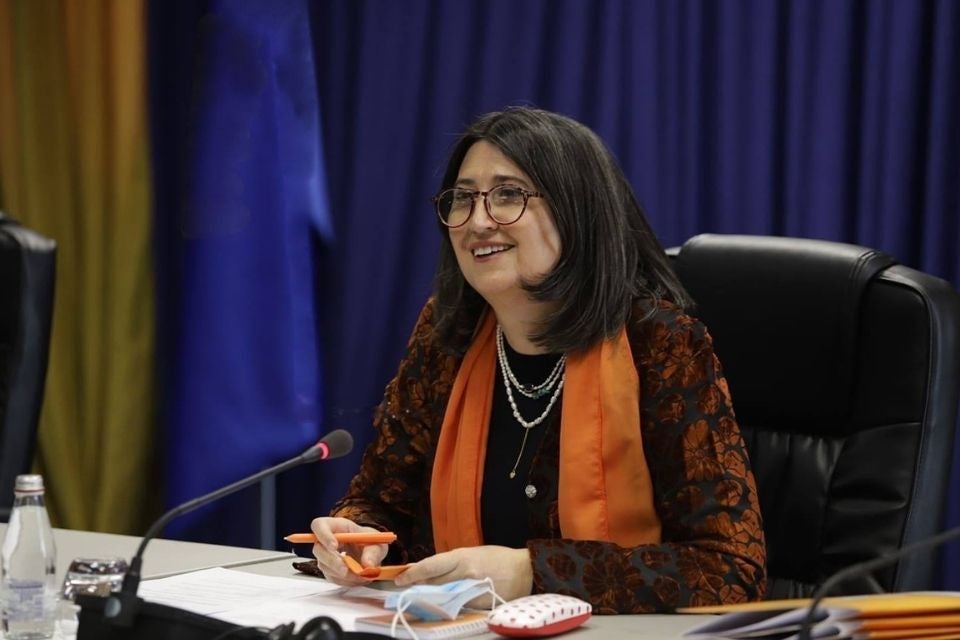
Leaving no-one behind in public life and decision-making

- Although more women lead in public life, progress to reverse harmful norms and reach gender parity is too slow.
- The proportion of women in parliament has doubled globally since 1995 to 25 per cent today – still just one quarter of the decision-making positions. At the current rate of progress, gender parity will not be reached in national legislatures before 2063.
- Rural women continue to face discrimination and exclusion from public life, are under-represented in local decision-making, and inadequately consulted on national policies. At the local level, women hold over 2 million elected seats, or 36 percent.
- Gender quotas increase women’s representation in legislatures and other sectors when they are well designed and effectively implemented. Ambitious targets, enforcement and penalties for political parties’ non-compliance are needed for countries to achieve their targets.
- Everyone suffers from the under-representation of women. For effective COVID-19 response and recovery, the participation of women and girls in decision-making is needed for policies and budgets to effectively meet everyone’s needs and build back better.
For more data on women’s leadership, see the UN Secretary-General’s Report
The COVID-19 pandemic has brought to light the daily struggles women face in Kosovo[1]. In responding to the pandemic, the Agency for Gender Equality (AGE) has played a key role in ensuring that the needs of women and girls are met, and that no one is left behind. As its Chief Executive, Edi Gusia has prioritized financial support for women and protection against domestic violence.
“The COVID-19 pandemic once again reiterated the need to provide stable and accessible care services, which in addition to being affected by the situation, in the long run also affect the socioeconomic stability of the society,” says Gusia.
Rapid Impact Assessments by UN Women, UNDP and UNFPA reveal that the pandemic has had gendered impacts on increased unemployment, aggravated poverty, continued income loss, job insecurity, increased domestic violence, difficulties for women in accessing sexual and reproductive health services, and increased care and domestic burdens.
“The pandemic reaffirmed once again that the contribution of women and girls was outstanding in the provision of care, occupational health services, while they contributed equally with men in the economic well-being of the country. However, at the same time the contribution of women was underestimated, unpaid, and continues to not get the attention it deserves,” says Gusia.
Mobilizing efforts and resources
In her leadership role as Chief Executive of AGE, Gusia mobilized efforts to coordinate and respond to the increase in domestic violence through awareness-raising and to ensure that survivors received support and care. Supported by UN Women and UNFPA, AGE coordinated joint institutional efforts to establish provisional quarantine facilities before survivors are admitted to shelters, to protect survivors and shelter staff, and developed an emergency protocol. This provisional facility was also equipped with clothes, bed linen, and feminine hygiene packages provided by UN Women and UNFPA.

“[During the pandemic] the contribution of women was underestimated."
Edi Gusia, Chief Executive, Kosovo’s Agency for Gender Equality
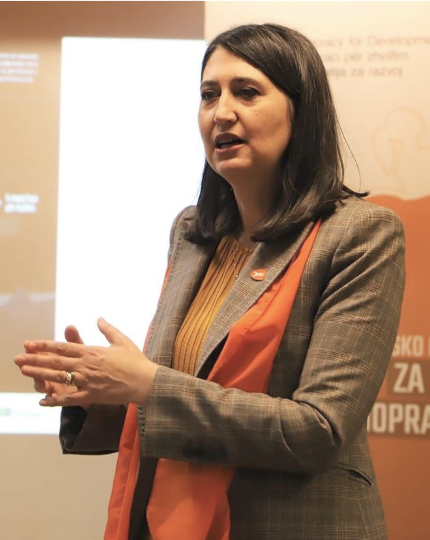
“The pandemic showed us how fragile we are, and above all how important it is to have well-defined protocols in response to domestic violence in an emergency,” says Gusia. In responding to the increase in domestic violence, AGE also focused on ensuring coordination with all actors in the response chain.
Gusia also understood the importance of mobilizing resources. As a result of constant advocacy by AGE, the Government of Kosovo allocated EUR 2 million to the Agency, to assist women businesses, SMEs and NGOs as well as 115 public and private kindergartens from all over Kosovo.
UN Women support
In addition to the support provided directly to the shelters, UN Women, through the Peacebuilding Fund, provided technical support to AGE to implement the targeted government assistance, by ensuring the development of the criteria for the proper allocation of funds according to the gender-related priorities of the 2020–2023 Government Programme for Kosovo – namely, the promotion of social equity, women’s socioeconomic empowerment, sustainable and inclusive growth, youth and women’s employment, early childhood education and quality education for girls and boys and youth from all communities.
"The pandemic showed us how fragile we are, and above all how important it is to have well-defined protocols in response to domestic violence in an emergency."
To assist civil society organizations, women’s organizations and women running small family businesses who were facing financial instability, AGE opened online applications for EUR 40,000 in subsidies, allocated from the EUR 2 million the agency received from the Government. They were awarded to six NGOs working in the field of gender equality and women’s economic empowerment, prevention of domestic violence, and seven women with initiatives aimed at empowerment and economic stability.
With the support of UN Women, AGE also launched the Gender Wage Gap in Kosovo report. “This report reiterated that women continue to remain hostage to family obligations, engaging in lower-paid professions, due to caregiving and life choices, to be more flexible to the needs of the family, and do not receive the proper appreciation or pay for this enormous contribution they make to the well-being of our society,” says Gusia.
An optimist, Gusia even sees a positive side of the pandemic: “The pandemic, with all its evils, managed to unite our local institutions and gender mechanisms with our international partners and civil society, to see how important partnership, coordination and above all the flexibility of development assistance is in responding to the needs of those who need it the most.”
“During the COVID-19 crisis, we have witnessed the critical role of women’s leadership in response, as well as for a more equitable recovery,” says Vlora Tuzi Nushi, UN Women Head of Office in Kosovo. “As UN Women, we are proud to be supporting and partnering with the Agency for Gender Equality, with the common aim to bring more effective, inclusive and fair policies, plans and budgets to address the pandemic and respond to the needs of women and girls.”
More stories on women in leadership
[1] All references to Kosovo should be understood to be in the context of United Nations Security Council resolution 1244 (1999).
